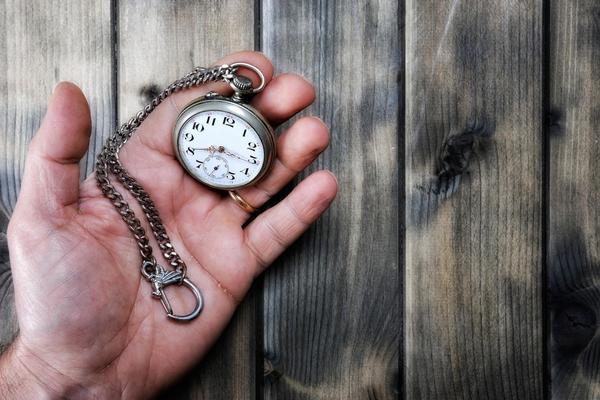


The 1974 edition included three songs by "Pop Selekcija Boom '74", a super group that got on stage just for that year's fest. For almost every year, a live double-LP was released featuring performances from the fest. Of the bands included in this volume, those that appeared at Boom were Pop Mašina (in 1973), Dah (1973), YU Grupa (1973,74 & 76), S Vremena Na Vreme (1974), Smak (1975 & 77), Tako (1977 & 78) and Riblja Čorba (1978). During it's seven years it moved to Croatia and ended at Novi Sad in Serbia. It was initially held in Tivoli Hall, Ljubljana, Slovenia. The main music festival of Yugoslavia in the '70s was Boom Pop, which ran from 1972 to 1978. Discovering these bands has been an especially enjoyable experience which, by all accounts, will be repeated when I turn to neighbouring countries like Croatia, Bosnia-Herzegovina and Slovenia for later episodes. Indeed, of all the smaller regions I have studied so far for TDATS, with a consequently small number of bands, I can safely say that Serbia is right up there at the top regarding the consistent quality of what music there was. All three took clear influence from the pioneers like Cream, Led Zep and Black Sabbath, but also had their own Balkan flavour, giving them a refreshing slant that holds them up on their own merits. Smak stood slightly apart in their inclusion of jazz-influenced prog sounds, but they were also satisfyingly heavy. From 1973 onward they started releasing excellent albums, displaying impressive technical skill, but also plenty of soul and passion. The three other bands that heralded the beginning of Serbian hard rock were Yu Grupa, Pop Mašina (Pop Machine) and Smak (Endtime). The first full-length rock album was Korni Grupa's debut LP in the comparatively late year of 1972, they were also the first Serbian band to play hard, progressive rock, which is shown in this comp with one of the oldest tracks here, a 1970 single of theirs. Up until the early '70s, Serbia's only rock releases were on 7 inch singles and EPs. S Vremena Na Vreme - Tema Za Šargiju (1975) Igra Staklenih Perli - Majestetski Kraj (1979)ġ7. Korni Grupa - Neko Spava Pored Mene (1970)ġ0. Zlatko Manojlović - Ko Te Sada Ljubi (1975)Ġ7. S Vremena Na Vreme - Tema Za Šargiju (1975)Ġ5. Another thanks goes to the blog Jugo Rock Forever, one of the best sources of Yugoslavian rock.Ġ1. It is inspired by the Psoglav, a werewolf-like demonic creature in Serbian mythology which bares iron teeth. I must thank tdats fan Adam Burke, front man of Pushy and Fellwoods, and brilliant artist, for drawing a cover especially for this volume. The first Serbian '60s bands during the age of beat and rhythm & blues included Siluete, Elipse and Džentlmeni, all mentioned here as certain members were in some of the heavier bands coming up. Rock music flourished in Yugoslavia from the '50s onward and as you will hear in this comp, a lot of great talent emerged. Unlike some might suspect, the Tito dictatorship did not interfere with the influence of incoming western pop music, or people's general enjoyment of popular music. Since volumes 41 (general) and 101 (Poland) it's high time TDATS returned to eastern europe, so here we concentrate on heavy stuff that originated in the Serbian part of the former Yougoslavia.


 0 kommentar(er)
0 kommentar(er)
